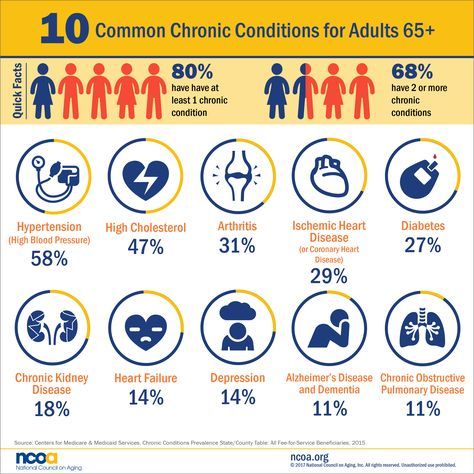Aging is a natural process that brings about several changes in the body. As we grow older, our bodies undergo various physiological and functional changes that can lead to an increased risk of developing certain health conditions. It is important to be aware of these age-related health concerns and take appropriate measures to manage them. In this article, we will discuss some common age-related health concerns and their management strategies.
1. Cardiovascular Disease
Cardiovascular disease refers to conditions that affect the heart and blood vessels, such as heart disease, stroke, and high blood pressure. Due to factors like reduced physical activity, changes in blood vessels, and increased cholesterol levels, older adults are more susceptible to developing cardiovascular diseases. To manage cardiovascular health in old age, it is crucial to maintain a healthy lifestyle by engaging in regular exercise, following a balanced diet, managing stress, and visiting the doctor for regular check-ups.
2. Osteoporosis
Osteoporosis is a condition characterized by weak and brittle bones. As people age, their bones naturally become less dense and more prone to fractures. To manage osteoporosis, older adults should ensure an adequate intake of calcium and vitamin D through their diet or supplements. Weight-bearing exercises like walking, running, and weightlifting can also help strengthen bones and prevent further bone loss.
3. Arthritis
Arthritis is a common age-related condition that affects the joints, causing pain, stiffness, and limited mobility. There are different types of arthritis, including osteoarthritis and rheumatoid arthritis. The management of arthritis involves a combination of medication, exercise, physical therapy, and lifestyle modifications. Maintaining a healthy weight, protecting the joints during physical activities, and using assistive devices when needed can also help manage arthritis symptoms.
4. Dementia
Dementia is not an inevitable part of aging, but the risk increases with age. It is a progressive condition that affects memory, thinking, and behavior. Although there is no cure for dementia, certain lifestyle choices can help reduce the risk and manage the condition. These include engaging in mentally stimulating activities, staying socially active, getting regular exercise, and following a brain-healthy diet.
5. Diabetes
Diabetes is a chronic condition that affects the body’s ability to regulate blood sugar levels. With age, the risk of developing type 2 diabetes increases. Managing diabetes involves maintaining a healthy weight, following a balanced diet, monitoring blood sugar levels regularly, taking prescribed medications, and being physically active. Regular check-ups with a healthcare professional are essential for effective diabetes management.
6. Vision and Hearing Loss
Vision and hearing loss are common age-related sensory impairments. Regular eye and ear check-ups can help detect any issues early on and allow for timely management. Wearing appropriate eyeglasses or hearing aids, practicing good eye and ear hygiene, and avoiding excessive loud noises or exposure to harmful chemicals can all contribute to maintaining good vision and hearing health as we age.
While aging brings several changes and potential health concerns, being aware of them and taking proactive steps can help manage these conditions effectively. Maintaining a healthy lifestyle, seeking regular medical advice, and staying socially and mentally active can significantly contribute to healthy aging and improved quality of life. Therefore, it is important for older adults and their caregivers to stay educated about age-related health concerns and implement appropriate management strategies.

